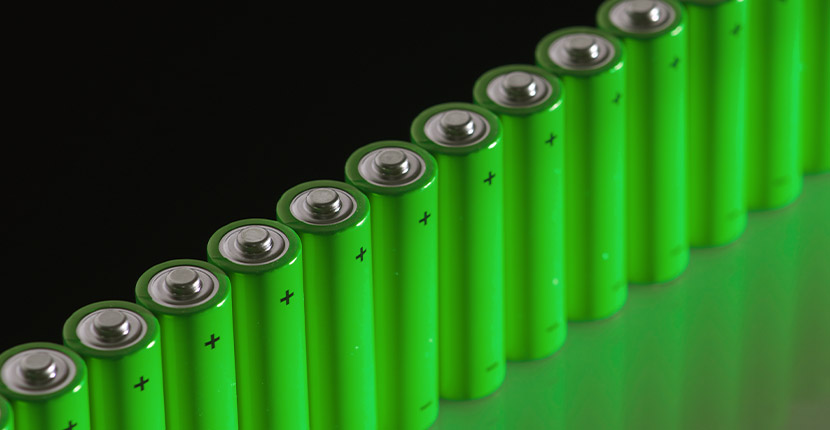What are the Best Rechargeable AA and AAA Batteries?
- by Bryan Veldboom - updated on 10/1/2021

How do I choose a rechargeable battery? It’s a simple question with an often complicated answer. When shopping for rechargeable batteries, you’re likely to encounter a number of different chemistries, brands and product lines. Wading through all of that can be a bit of a chore, which is why we’re here to help. Our handy guide will help break down the essentials you need to know when shopping for rechargeable AA and AAA batteries.
Is It Worth It to Buy Rechargeable Batteries?
This will depend largely on the application. Rechargeable batteries work best in applications which operate at a constant discharge and have long run times. Things like toys, remote controls and video game controllers work great with rechargeable batteries.
For low drain devices such as clocks, smoke alarms and portable lights, you’re better off using alkaline batteries. The reason for this is that alkaline batteries tend to die quicker. A rechargeable battery will last longer at a lower voltage toward the end of its life, which can result in performance issues for things like clocks and lights.
How Do You Measure How Efficient a Battery Is?
Before we get started, we need to define a few terms first.
- Capacity - This tells you how long the battery can run before it needs to be recharged.
- Charging Cycles - Measures the overall life of the battery. A single charge cycle measures the process of going from completely charged to completely discharged.
- Self-Discharge - The self-discharge rate measures how quickly a battery loses its charge when not in use.
What are the Different Types of Rechargeable AA and AAA Batteries?
The two types of rechargeable AA/AAA battery chemistries available at Batteries Plus are nickel-cadmium (NiCd) and nickel-metal hydride (NiMH). Here is a breakdown of their pros and cons.
Nickel-Cadmium
- Cheaper than NiMH batteries
- Lower energy capacity
- Charges faster than NiMH
- Low self-discharge rate
- Lasts up to 1000 charging cycles
- Works better in extreme temperatures than NiMH
- Cadmium is extremely harmful to the environment
Nickel-Metal Hydride
- More expensive than NiCd batteries
- Higher energy capacity than NiCd batteries
- Longer charging times
- Higher self-discharge rate than NiCd
- Last hundreds of charging cycles
- Most sensitive to extreme temperatures
- Less harmful to the environment than NiCd batteries
Are Different Types of Rechargeable Batteries Interchangeable?
When purchasing rechargeable batteries, it’s a good idea to take a look at the owner’s manual of the application you’re going to be using it in. Many devices have specific battery chemistry requirements. If your device accepts both NiCd and NiMH batteries, it will likely mention this in the user’s manual.
What are the Longest Lasting Rechargeable Batteries Available at Batteries Plus?
This will depend largely on what you’re using it for. A NiCd battery will give you a greater number of charging cycles, however, they will need to be recharged sooner than using an NiMH option. If you’re looking for a source of reliable power for everyday applications, our X2Power NiMH batteries are a great choice. Both the X2Power AA and X2Power AAA batteries can be recharged hundreds of times and last longer per charge than their NiCd counterparts.
What Should You Look for in a Battery Charger?
When shopping for a battery charger, you need to make sure that the charger you buy is compatible with the chemistry of your battery. That means using an NiCd charger for NiCd batteries and using an NiMH charger for NiMH batteries. Batteries Plus offers a number of NiMH chargers. We recommend the Nuon NiMH 4 Hour Charger. It charges NiMH batteries in four hours and comes with a smart charging feature that prevents them from overcharging. Plus, you can charge four batteries at once.
Batteries Plus is Your Rechargeable Battery Headquarters
Batteries Plus carries rechargeable batteries in a number of sizes and voltages, including AA, AAA, C, D, 9V and more. You’ll also find an enormous selection of alkaline batteries from trusted brands like Duracell® and Rayovac®. Not sure what to do with your old batteries? Bring them to your nearest Batteries Plus and have them recycled. Want to learn more about rechargeable batteries? Read up on the differences between NiMH and Li-ion batteries and what to do with expired batteries.